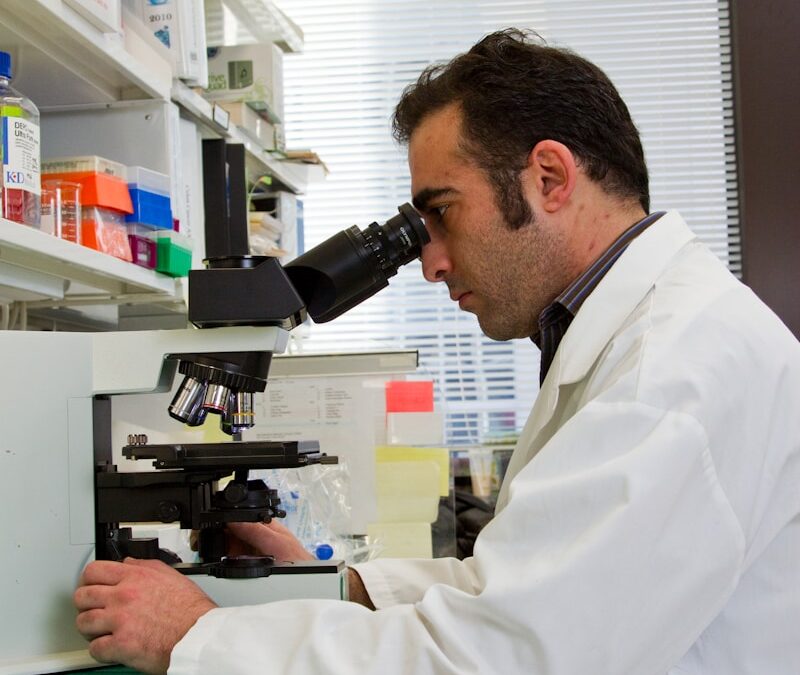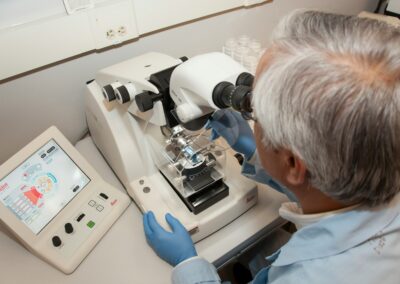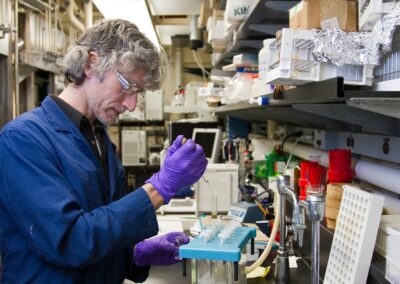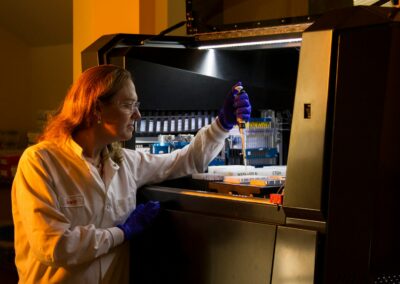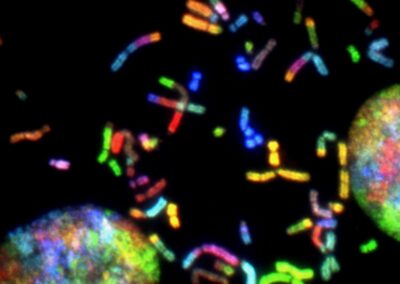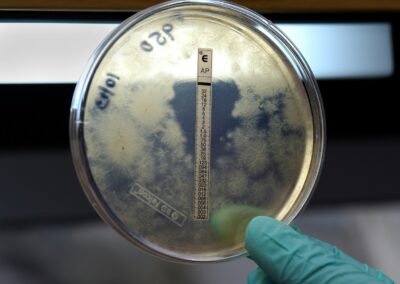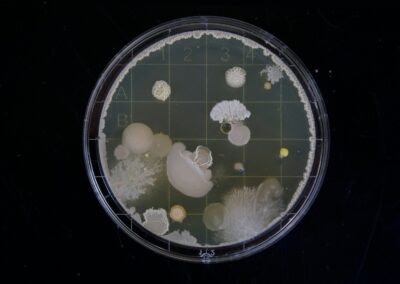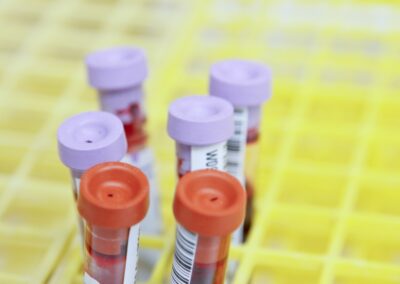The Convergence of Genetic Engineering and Synthetic Biology
Defining Genetic Engineering and Synthetic Biology
The fields of genetic engineering and synthetic biology represent two cutting-edge approaches in modern biotechnology, each offering unique methods for manipulating and utilizing biological systems. Genetic engineering involves the direct manipulation of an organism’s DNA to alter its characteristics. This process enables scientists to modify genes to produce desired traits or outcomes, such as disease resistance in crops or new therapies for genetic disorders. By targeting specific genes, genetic engineering allows for precise adjustments in an organism’s genetic makeup, paving the way for advancements in medicine, agriculture, and industry.
On the other hand, synthetic biology takes a broader approach by focusing on the design and construction of new biological parts, devices, and systems. Rather than just modifying existing organisms, synthetic biology aims to create entirely new biological entities that do not naturally exist. This field combines principles from biology, engineering, and computer science to build novel biological systems from scratch. For instance, synthetic biology can be used to engineer microorganisms to produce pharmaceuticals or biofuels, opening up new possibilities for sustainable and efficient production methods.
In regions like Saudi Arabia and the UAE, where there is a strong emphasis on innovation and technological advancement, the integration of genetic engineering and synthetic biology is being actively explored. These technologies offer significant potential for addressing local challenges, such as improving agricultural productivity in arid environments and developing cutting-edge medical treatments. By investing in research and development, these countries are positioning themselves at the forefront of biotechnology and contributing to global advancements in the field.
Applications and Implications in Various Sectors
The applications of genetic engineering and synthetic biology span a wide range of sectors, each with significant implications for business and industry. In agriculture, genetic engineering can enhance crop resilience and yield by introducing traits such as drought resistance or pest resistance. Synthetic biology further extends these capabilities by enabling the creation of custom-designed plants or microorganisms that can address specific agricultural needs. For example, synthetic biology can be used to engineer bacteria that promote plant growth or break down environmental pollutants, offering innovative solutions for sustainable farming.
In the medical field, both genetic engineering and synthetic biology play crucial roles in developing new treatments and therapies. Genetic engineering techniques, such as gene therapy, are being used to correct genetic defects and treat inherited diseases. Meanwhile, synthetic biology is driving innovations in drug development by creating novel biological systems for producing complex pharmaceuticals. These advancements not only improve patient outcomes but also drive growth in the biotechnology and pharmaceutical industries.
Furthermore, the integration of these technologies has broader implications for business strategy and management. Companies involved in genetic engineering and synthetic biology must navigate complex regulatory landscapes, manage interdisciplinary teams, and stay ahead of rapid technological advancements. Effective leadership and change management strategies are essential for leveraging these technologies successfully and ensuring that innovations translate into tangible business outcomes.
Challenges and Future Directions
While genetic engineering and synthetic biology offer immense potential, they also present several challenges that must be addressed. One of the key challenges is ensuring the safety and ethical use of these technologies. Genetic modifications and synthetic biological systems must be rigorously tested to prevent unintended consequences and ensure they do not pose risks to human health or the environment. Regulatory frameworks and ethical guidelines are crucial in managing these risks and promoting responsible innovation.
In Saudi Arabia and the UAE, there is a growing focus on developing robust regulatory frameworks that balance the need for innovation with the imperative of safety. Collaborative efforts between government bodies, research institutions, and industry stakeholders are essential in shaping policies that support the responsible use of genetic engineering and synthetic biology. Additionally, public engagement and education are important for fostering trust and understanding of these technologies.
Looking ahead, the future of genetic engineering and synthetic biology will likely involve continued advancements in technology and expanded applications across various sectors. Emerging technologies, such as CRISPR and other genome-editing tools, are expected to further enhance the capabilities of genetic engineering. In synthetic biology, ongoing research will drive the development of new biological systems and applications. As these fields evolve, their impact on biotechnology, business, and society will be profound, offering new opportunities for innovation and growth.
#GeneticEngineering, #SyntheticBiology, #Biotechnology, #DNAManipulation, #BiologicalDesign, #TechInnovation, #BiotechAdvancements

